Green: Early success doomed Robert Sarver
Feb 1, 2011, 4:54 AM | Updated: 3:37 pm
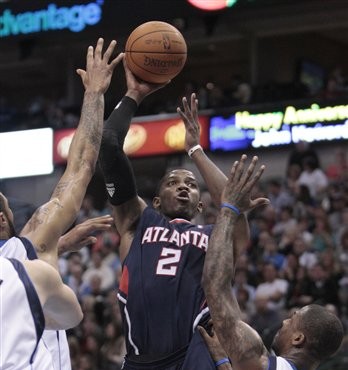
62 wins, Western Conference Finals.
54 wins, Western Conference Finals.
61 wins, Western Conference Semifinals.
It’s no wonder Robert Sarver, Suns Managing General Partner, thinks everything he touches turns to gold. Since buying the team before the 2004 season from longtime owner Jerry Colangelo, the only thing the franchise has ever known was winning. However, that early success came with a price, and they’re paying it now.
The funny thing about success is it is valued, cherished and appreciated more when it is earned through hard work and sacrifice. When it just happens, perhaps through a stroke of good luck, it can be fleeting, wasted away and gone as quickly as it arrived. After all, if a person does not know how to work hard to be successful how would they know anything about staying on top?
This is not to say Sarver knows nothing about working hard. He obviously did something right to be in a position where he could buy an NBA team, and from all accounts he’s a very shrewd banker and businessman. But, when it comes to running a professional basketball team, he seems to be as on point as a Derek Anderson pass.
The ironic thing is while we all enjoyed, reveled in and celebrated the successful run the Suns had back in the day, those times actually set the stage for the disaster we are witnessing now. Unlike most people who buy a team, Sarver walked into a successful organization with a roster that was ready to win. Instead of having to put the right people in place to build a winner Sarver had the good fortune of having one ready-made for his arrival. The team, though, was built by the Colangelos – Bryan and Jerry – with Sarver’s role being that of the guy who signs the checks. Talent evaluation, such as deciding to sign Steve Nash as a free agent, was not something the new guy needed to worry about.
It was not until the following summer when the questionable decisions started popping up. Joe Johnson, one of the team’s best young players says he wants to leave for the Hawks. The Suns had a chance to match the restricted free agent’s contract and keep him, but Sarver made the decision to trade the rising star, not wanting someone who did not want to be on the team, ignoring the fact that Johnson said he would play hard no matter where he was at.
Following that move was the decision to let Bryan Colangelo leave, sell draft picks because the head coach did not want to play rookies and slowly transform one of the league’s youngest rosters into one of the oldest. In the meantime Jerry’s time with the team officially ended, leaving the Suns completely in Sarver’s hands.
Then, finally, a ray of hope. Steve Kerr was hired to be the team’s general manager and, after a couple of early hiccups, the former Wildcat’s basketball acumen started to manifest itself as he assembled a team capable of competing for a championship. Those early hiccups led Sarver to lowball the first true GM the team had since the younger Colangelo left, and with his exit came the chance for Sarver, the Midas Man, to shine.
Problem is, Sarver did not make his money in basketball and has not been in the basketball business long enough to be making the decisions. Having let the basketball guy go, it was up to him to be the de facto GM, leaving behind a trail of bad moves and destruction in his wake. Then, to top it off, Sarver decided to structure his front office in a way that no other team is doing, with the idea that it was revolutionary and the way of the future. While that may ultimately be true, I have a hard time believing Robert Sarver is a basketball visionary.
At any rate, the train wreck that has become the 2010-11 season is one purely of Robert Sarver’s creation. The shameful idea of collages last year or compliment circles this year only underscore the fact that he does not exactly know what he’s doing, yet very much thinks he does. Crisis could be averted if he acted like most good owners and just stuck to signing the paychecks, making sure the basketball decisions were made by basketball people.
Problem is, after some early success, Robert Sarver thinks he is just that, a basketball person. The cost of winning for the Suns, indeed, has been steep.

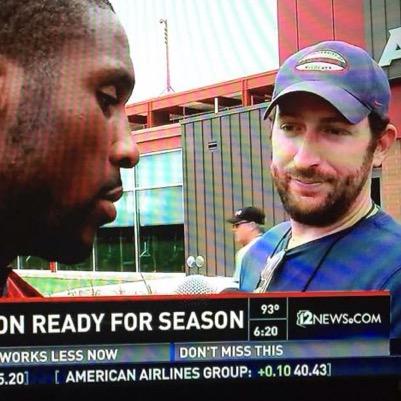
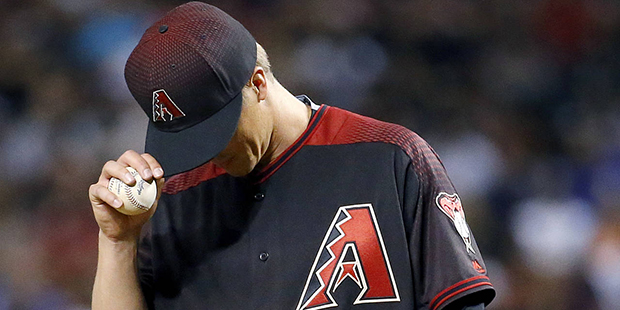
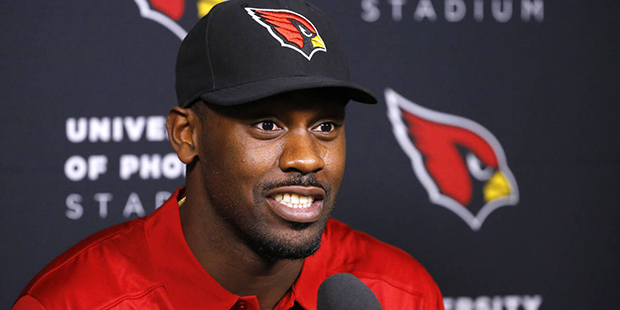

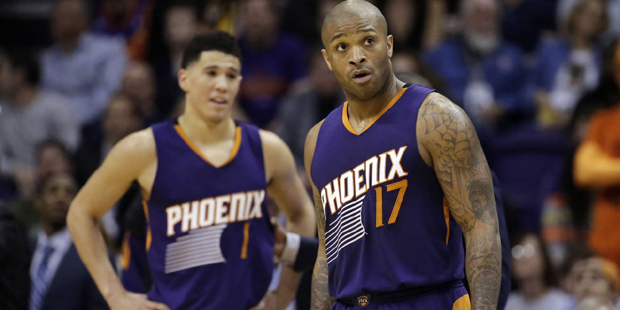
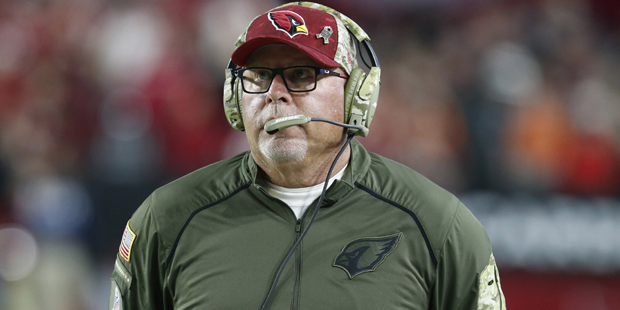
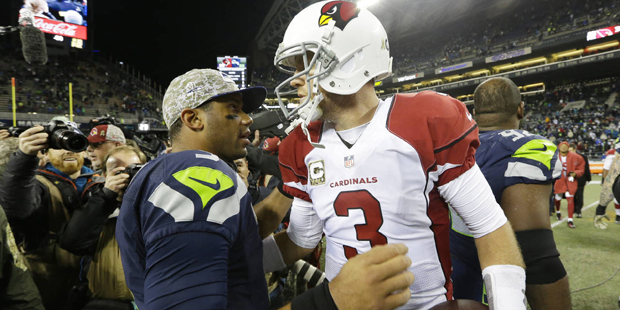
Comments